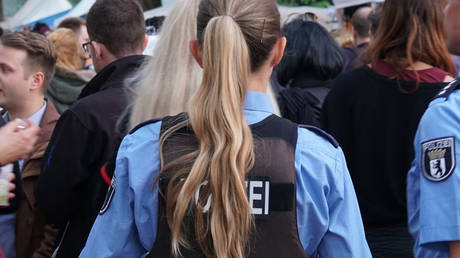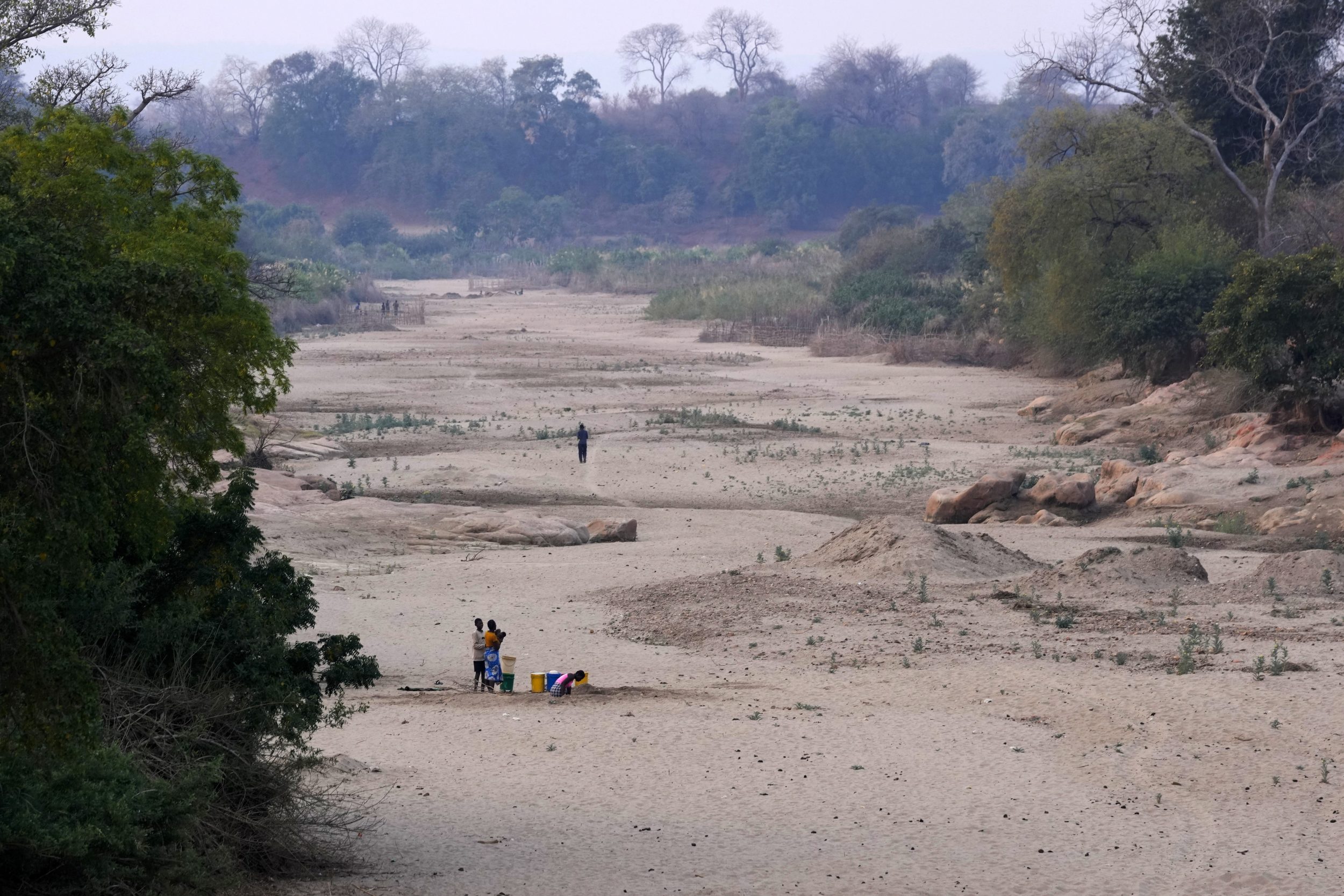ARTICLE AD BOX

NATO on Friday agreed to play a bigger role in coordinating weapon deliveries to Ukraine, as part of a Western push to ensure support continues whatever the results of November's US elections.
Faced with the looming spectre of a potential return to the White House for Donald Trump, Kyiv's backers are rushing to try to lock in commitments before aid from Washington might dry up.
As part of those efforts, G7 leaders in Italy on Thursday agreed a $50-billion loan for Ukraine backed by frozen Russian assets, and US President Joe Biden inked a 10-year security pact with Kyiv.
At a meeting in Brussels Friday, NATO defense ministers signed off on a plan for personnel from across the alliance to take over units coordinating weapons deliveries and training for Ukraine from the United States.
"This will allow NATO leaders to launch this effort at the Washington summit in July, putting our support for Ukraine on a firmer footing for years to come," said alliance chief Jens Stoltenberg.
While quite a modest change, involving up to 700 personnel, NATO officials argue it will help keep weapons flowing even if Trump makes good on hints he might cut US support.
Washington will still, however, stay in charge of an umbrella political grouping aimed at marshalling weaponry for Ukraine.
- 'Trump-proofing' support -
"It's to make it proof to any situation," Dutch defense minister Kajsa Ollongren, said of the changes.
Russia's war "might go on for years -- so you want to have something in place that does not depend on specific persons, ministers or whoever," she said.
One NATO diplomat was even blunter. "it is about Trump-proofing, and that is what Stoltenberg says, protecting it from winds of political change".
There are currently some 500 US military personnel running the operation, the diplomat said.
"Any US president can pull the plug on it tomorrow."
While shifting coordination of deliveries to NATO could help on a practical level, Trump could still blow a hole in Western support by ending US military aid.
Washington's military support so far accounts for over half of the roughly $100 billion NATO countries have given since Russia invaded its pro-Western neighbor in 2022.
In an attempt to reduce that risk, Stoltenberg is pressing allies to sign up to a pledge at NATO's upcoming summit to maintain military support at the level they've been giving until now.
That works out at roughly 40 billion euros ($43 billion) overall a year.
- Sharing the burden -
Stoltenberg says he wants that spread more fairly according to the size of each country's gross domestic product, meaning the United States would still account for roughly half.
"A credible long-term commitment shows Moscow that they cannot wait us out," Stoltenberg said.
But any pledge would be unenforceable and Trump would be under no obligation to live up to it if he came back into power.
And Italy's defence minister Guido Crosetto poured cold water on the plan, saying Rome couldn't come up with the 3.5 billion euros would require each year.
"There are no 40 billion, Italy said it doesn't agree with a commitment of 40 billion," he said Friday.
While NATO is pushing to sell all these initiatives as a step forward for Ukraine -- diplomats warn the alliance risks disappointing Kyiv yet again at the summit next month.
Ukraine is desperate for an invitation to become a NATO member as it sees the alliance's collective defense clause as the only true guarantee of security.
Ukrainian President Volodymyr Zelensky caused a diplomatic furore at NATO's summit in Vilnius last year by saying it was "absurd" there was no time-frame for joining.
This time around, the United States and Germany have again made clear there will be no further movement towards Ukrainian membership.
NATO diplomats say the language will likely be slightly tweaked in a final summit communique to show that Ukraine's push to join is "irreversible".
And they hope that, when put together with the other initiatives, it can convince Kyiv that NATO is doing enough.
"All of it paints a picture of a bridge for membership," a US official said, on condition of anonymity.
"Even if the formal stamp of membership is some way off."
.png)
 5 months ago
3
5 months ago
3








 English (US)
English (US)